(Text-Driven Preaching)
How do we distinguish the seeker-driven, need-oriented church from the one that is biblio-centric in nature? (The Bible is central.) After all, they look very similar, right? They certainly both seem to preach the Bible. Let me say first that there are a number of good churches that have a strong contemporary service where the Bible is central to all they do and say. What separates the seeker-driven church from one that is biblio-centric in nature has nothing to do with whether one is traditional or contemporary in worship style. We here at Mountain View have a blended service each week with a decided lean to the contemporary side. However, we often blend hymns into our worship. (And yes, we will at times do a more contemporary rendition of a hymn.) Many do not include hymns today because they feel they are no longer relevant to the younger generation. Therein lies the first difference between a biblio-centric church and a seeker church. While we feel everyone should have the privilege of worshiping in their own vernacular, we continue to hang on to the great hymns because they teach great biblical and spiritual truths. We at Mountain View feel that the content of our worship is vitally important and should teach biblical truth.
Another characteristic of the biblio-centric church is that the preaching is exegetical or text-driven. The reason I use that term text-driven is because the term expository preaching has been stretched to such a point that I am not sure what it means to many today. Perhaps we could say it is like the word evangelicalism. Evangelicalism is now an umbrella that covers a much broader spectrum than it did 50 plus years ago.
Text-driven (exegetical) preaching is a term that says the actual structure of the sermon, to some extent, as well as the content or substance of the sermon and the spirit of the sermon, all should come from what we find in the text itself. The process of digging into the text for its meaning and message is called exegesis. So in that sense, the sermon is not topically driven, nor audience driven; nor felt-need-driven. It is text-driven.
Too often a preacher starts with a text, and usually a topical idea from the text, and then he weaves his message around that topical idea. Instead of beginning with the text and studying the text first, such preachers begin with the commentators and a few word studies. The digging into the original text for the real intent of the original author is a lost art. Too often the study is to make a passage fit a need of the audience.
We believe that God’s word has power and greater authority when we allow the Holy Spirit to take its textual meaning and speak first to the messenger, and secondly to the people of God through the messenger. We recognize the need at times for topical series. We certainly do those here. However, they are the exception, not the norm. For when you are committed to text-driven preaching, you will find that the majority of the preaching series will be based on verse by verse studies of God’s word with a passion to capture the meaning and message of the original writer. The preaching will not be driven by felt-needs or its popularity to a given audience. Equally, we believe that the goal of the biblio-centric church is to equip believers to study the word of God…not simply to give them a few croutons from the bread of life. (II Timothy 3:16-17)
My purpose is not to condemn any one group, but to first state clearly what we are all about at Mountain View. Secondly, I desire to call preachers and teachers back to the in-depth study and teaching of God’s Word. I believe that it is a sad commentary on our preaching today when sermons seemingly are graded as good or very good based solely upon the amount of application alone. My fear is that we are producing a church in the U.S. that is a mile long on application and a foot deep on spiritual depth and perception. Such famine will eventually leave the church malnourished of its power.

